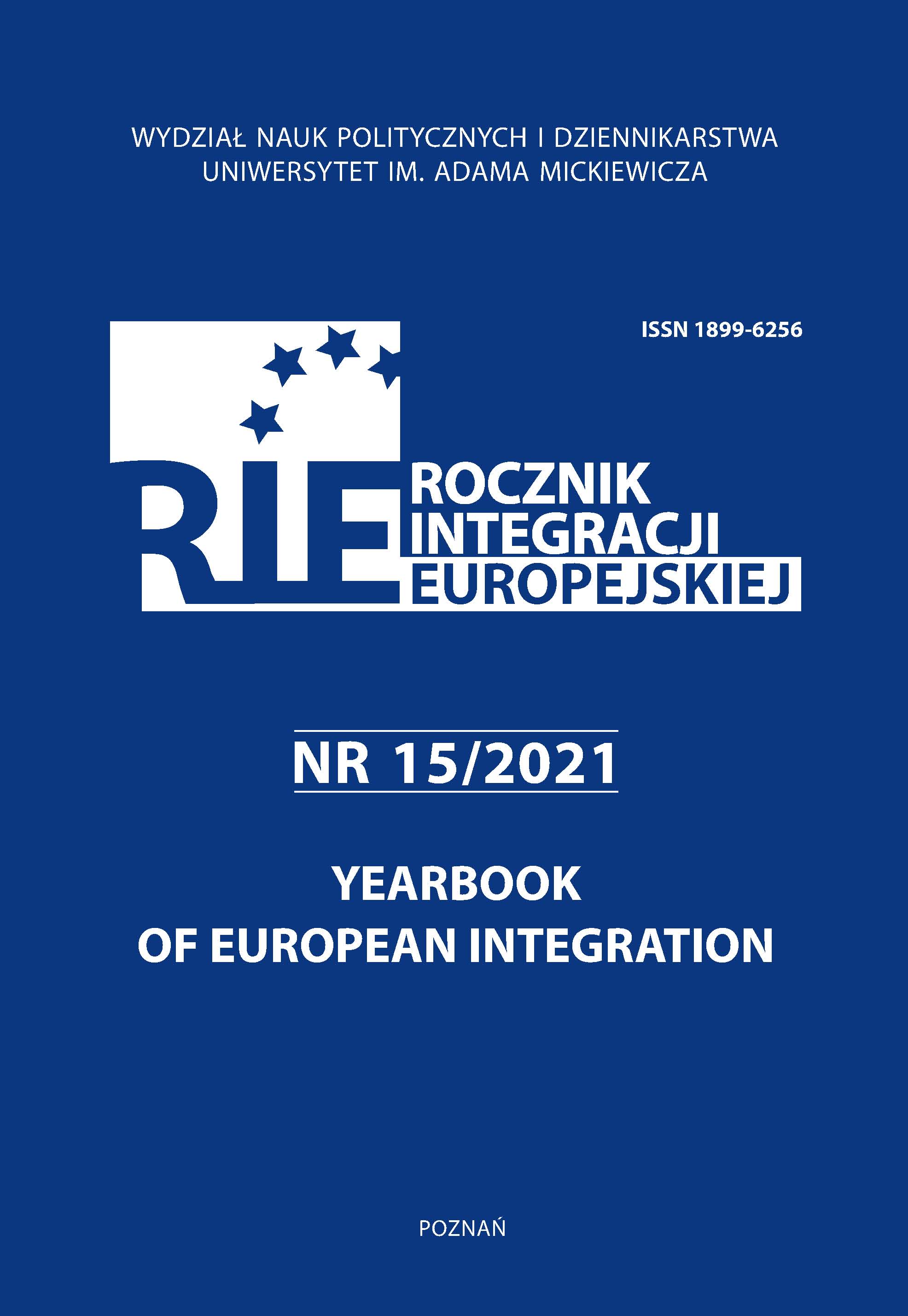Konsensus i jego brak w Radzie Europejskiej – analiza przypadku reelekcji Donalda Tuska w 2017 r. z perspektywy zwrotu praktycznego
Consensus and voting in the European Council – the case of Donald Tusk’s re-election in 2017 from the practice turn perspective
Author(s): Kamil ŁawniczakSubject(s): Politics, Governance, Geopolitics
Published by: Uniwersytet Adama Mickiewicza
Keywords: culture of consensus; decision-making; practice turn; qualified majority voting; social practice
Summary/Abstract: Both the Council and the European Council are said to operate under “the culture of consensus”, which means that even if they formally can decide on some issues by qualified majority, in practice they rarely do so. This is particularly true of the European Council and so it was surprising to many observers when on 9 March 2017 Donald Tusk was re-elected for a second term as the European Council’s president despite the explicit negative vote of one member state (Poland). This event marked the first time the European Council used the possibility of electing its president by qualified majority rather than unanimously.In this paper I argue that using formal provisions allowing for qualified majority voting in such situations is, far from undermining the culture of consensus, in fact necessary to maintain it. The argument is embedded in the practice turn contribution to political research. Practice turn moves social practices to the centre of researchers’ interest and emphasises the fact that they can be performed more or less competently. Therefore, if a member state performs the “practice of consensus” incorrectly, it cannot expect the norms which constitute the culture of consensus to help it impose its position on other member states. Because the way in which the European Council operates is difficult to access directly, the paper develops its argument by drawing from the ongoing qualitative research on decision-making in the Council (including author’s own field research). It also uses available publicly-available sources relevant to the events of 2017 Donald Tusk re-election to substantiate the argument.
Journal: Rocznik Integracji Europejskiej
- Issue Year: 2021
- Issue No: 15
- Page Range: 249-261
- Page Count: 14
- Language: Polish

